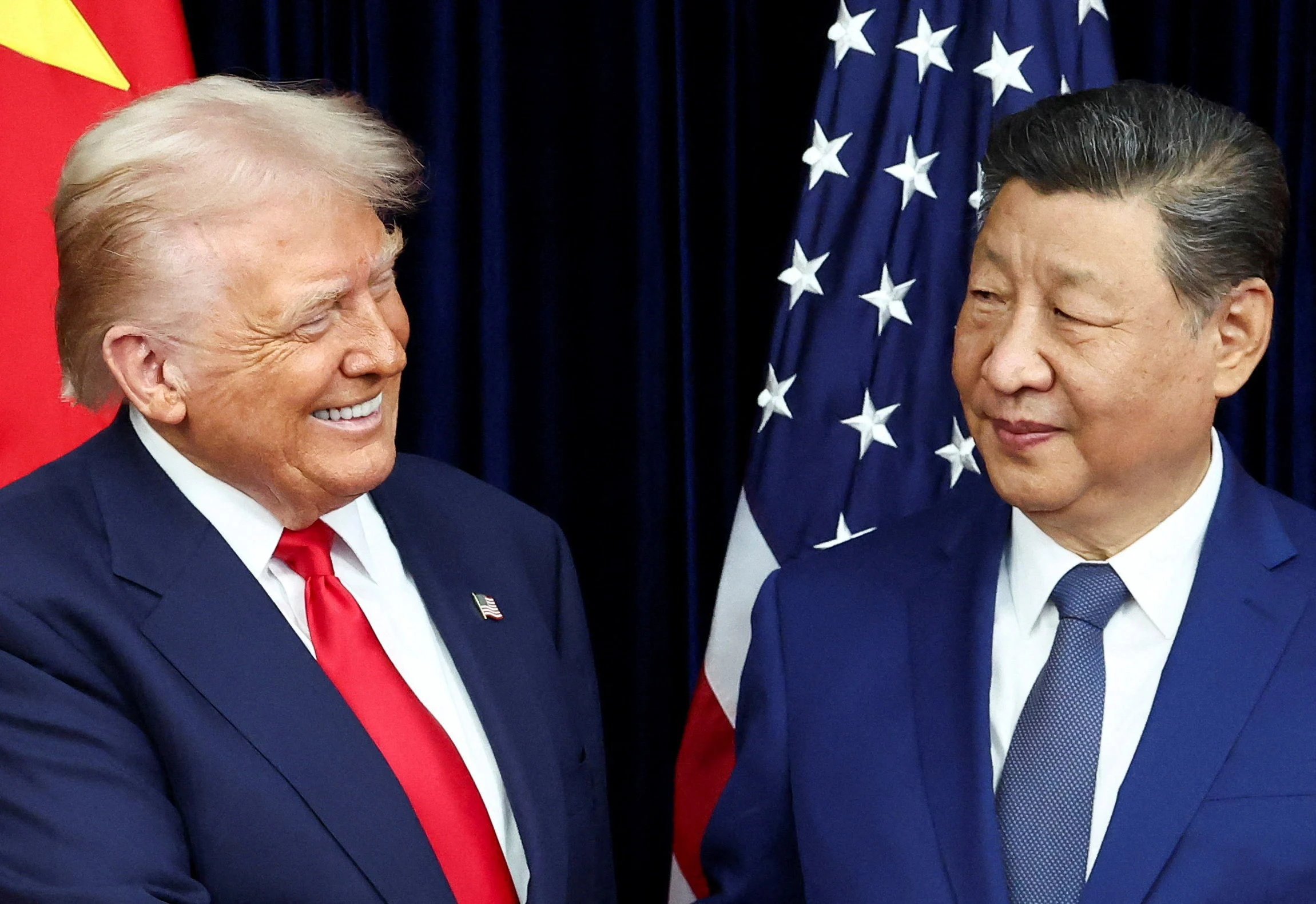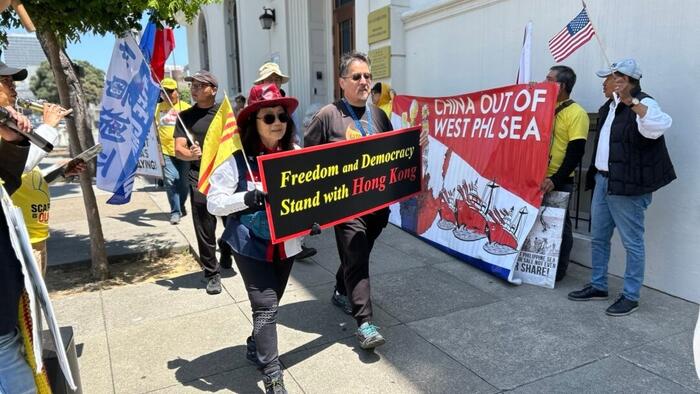Copyright scmp

US President Donald Trump hailed his high-stakes meeting on Thursday with Chinese leader Xi Jinping as a “great success”, marked by progress on thorny trade issues. Trump agreed to reduce America’s fentanyl-related tariffs on China by 10 percentage points and cut the overall tariff rate on Chinese imports from 57 per cent to 47 per cent. For its part, Beijing will resume buying US farm products, including soybeans, and delay by one year the implementation of its most sweeping export controls on rare earths. Trump said he and Xi also spoke at length about possible pathways to peace in the Ukraine war. Some perennially contentious issues, such as Taiwan, went unmentioned. What does their meeting mean for trade and other issues between them? Here is what major think tanks in America and Europe took away from the summit. The Centre for Strategic and International Studies Philip Luck and Hugh Grant-Chapman of CSIS said China’s soybean purchases would remain modest even if a deal between Xi and Trump was signed, highlighting the American market’s vulnerability. They noted that according to Washington, Beijing agreed to buy 12 million tonnes (13.2 million tons) of US soybeans in the remainder of 2025, though China had not confirmed the deal. “Unless the US soybean industry diversifies into other markets, it will remain exposed to coercive Chinese economic statecraft in the future,” they added. The Council on Foreign Relations David Sacks of CFR described the outcome of the meeting as a “temporary truce” without resolving any fundamental issues. “Trump did, however, signal his desire for a more far-reaching accord, mentioning potential Chinese investment in the United States and noting that he anticipates reaching a trade deal with China ‘pretty soon’,” Sacks said. “One thing is clear: China has emerged from this latest iteration of the trade war in a stronger position than it entered.” The Carnegie Endowment for International Peace James Acton of the Carnegie Endowment for International Peace told Reuters on Friday that if the goal of the meeting was to “generate leverage to force China to negotiate”, then “that’s unlikely to work”. The Brookings Institution Michael O’Hanlon of Brookings told CNBC on Friday that the meeting could be regarded as “a small win” for bilateral relations but nothing more. “Compared to where this could go at a time when many people think that the United States and China may be headed for war, I’ll take a small win [for the meeting],” O’Hanlon said. “I think that’s all it was.” The Asia Society Policy Institute Wendy Cutler of ASPI saw the Trump-Xi meeting as vital for de-escalation. But Cutler, a former deputy US trade representative, said Washington appeared not to address “structural issues” such as Beijing’s excess capacity and trade practices. “As such, this truce may be short-lived,” she said. Rorry Daniels, also of ASPI, said Taiwan might have been relieved that it was not raised in Busan. “But discomfort may set in over time about why it didn’t come up and what its absence” from Beijing’s agenda would mean for mainland China’s Taiwan policy in the long term, Daniels added. The Peterson Institute for International Economics Marcus Noland of PIIE welcomed Trump’s decision to cut US tariffs targeting China in response to Beijing’s commitment on fentanyl. “The fentanyl-related measure should make modest contributions to both the US economy and public health,” Noland said. Chatham House According to Laurel Rapp and Max Yoeli of the London-based think tank Chatham House, the summit underlined the need for America’s partners to “pursue independent strategies to manage long-term turbulence”. Rapp and Yoeli said countries needed to move past “de-risking” rhetoric to implement concrete plans for resilience against China’s assertiveness as well as unpredictability in American policies. Rhodium Group Noah Barkin of Rhodium Group said the main risk for Europe post-summit was China and the US striking bilateral deals on issues such as rare earths. This could sideline Europe and undermine transatlantic or Group of Seven partnerships on economic security cooperation, Barkin said, according to Italy-based news website Decode39. He said Europe’s urgent priority in the next five to 10 years would be to move from de-risking rhetoric to concrete action in securing supply chains beyond China, especially on rare earths, eyeing a mitigation of the continent’s “glaring vulnerabilities”. Martens Centre Zsuzsa Anna Ferenczy of the Brussels-based Martens Centre said the China-US truce was a case of the two sides buying time to manage their long-term competition, according to Radio Free Europe. Ferenczy said that neither country appeared interested in introducing complicating factors, such as the Ukraine war, that could distract from their focus on trade. She said China might have “overplayed its hand on rare earths”, adding that Europe, already fearful of Beijing’s near-monopoly of the highly sought metallic elements, would have an appetite for “collective action” to counter Beijing’s “weaponisation” of the commodities.



